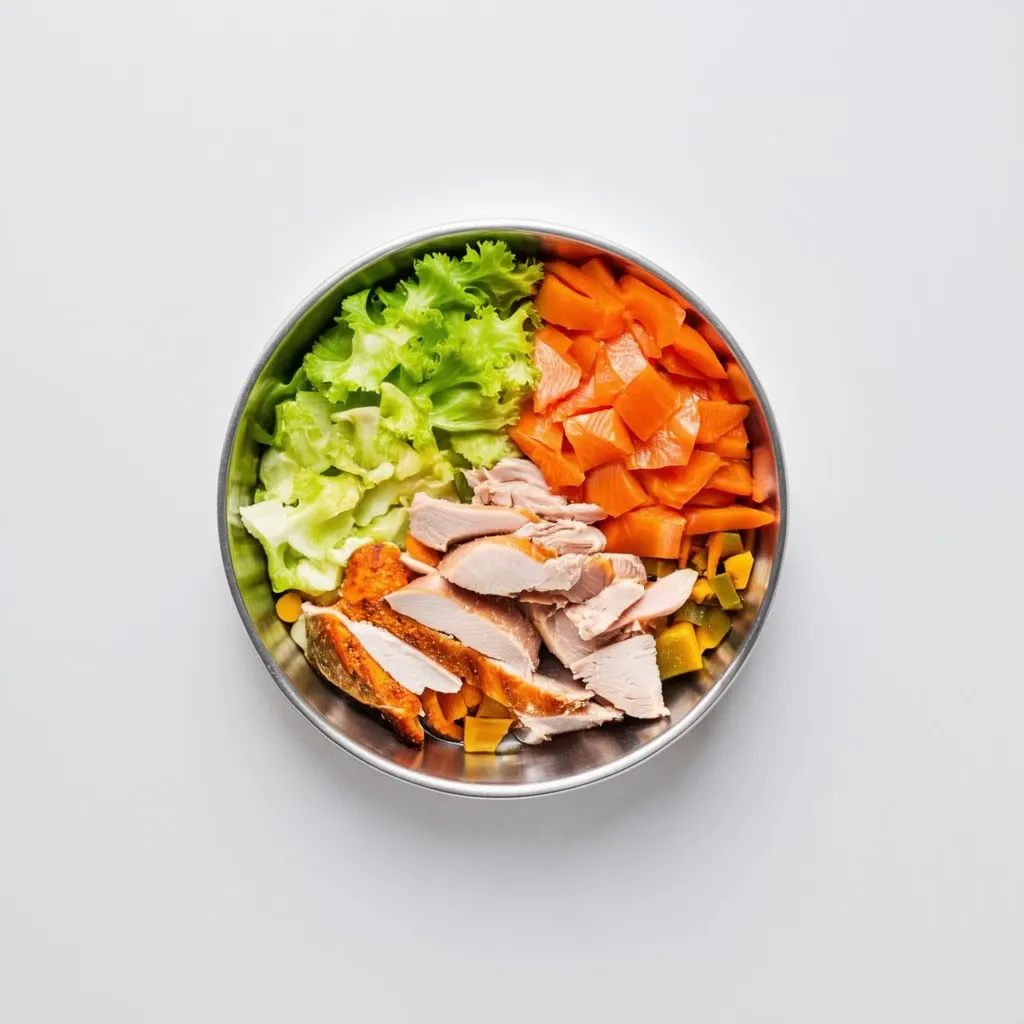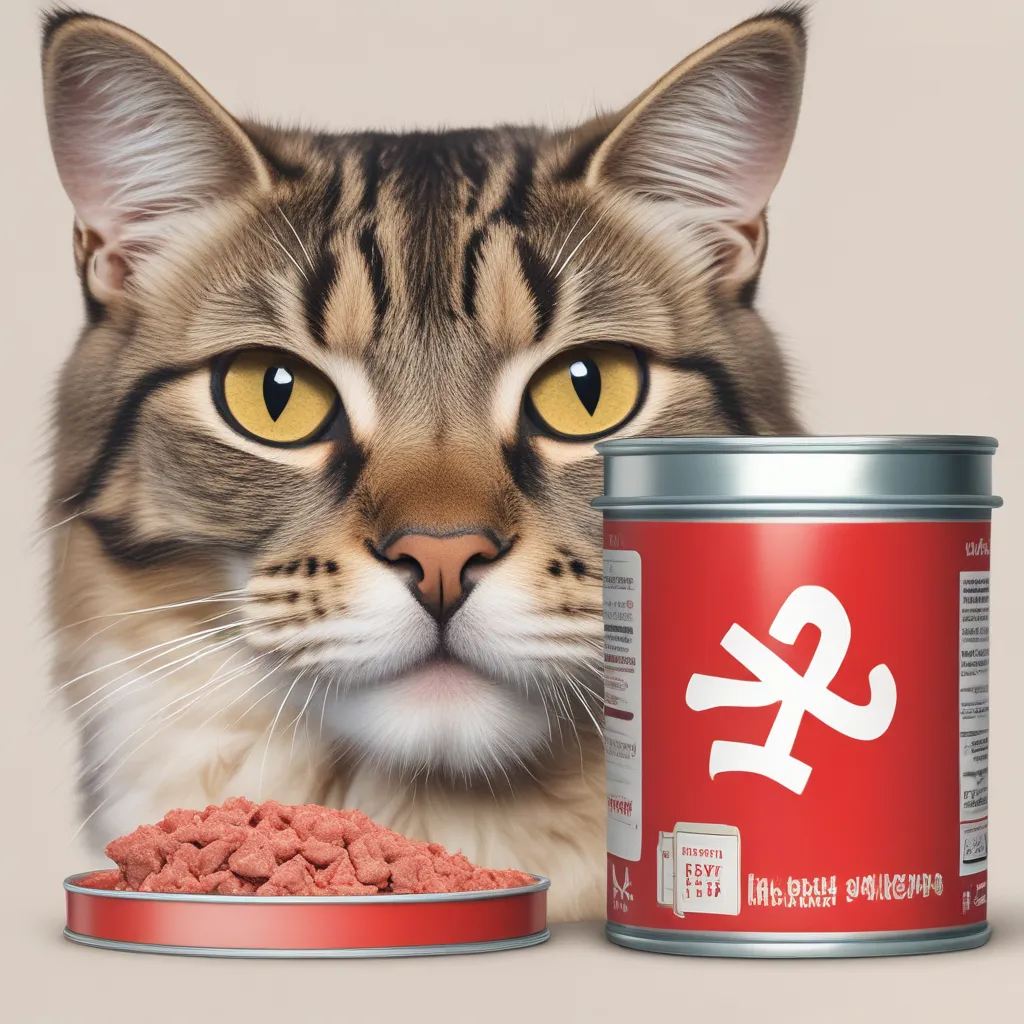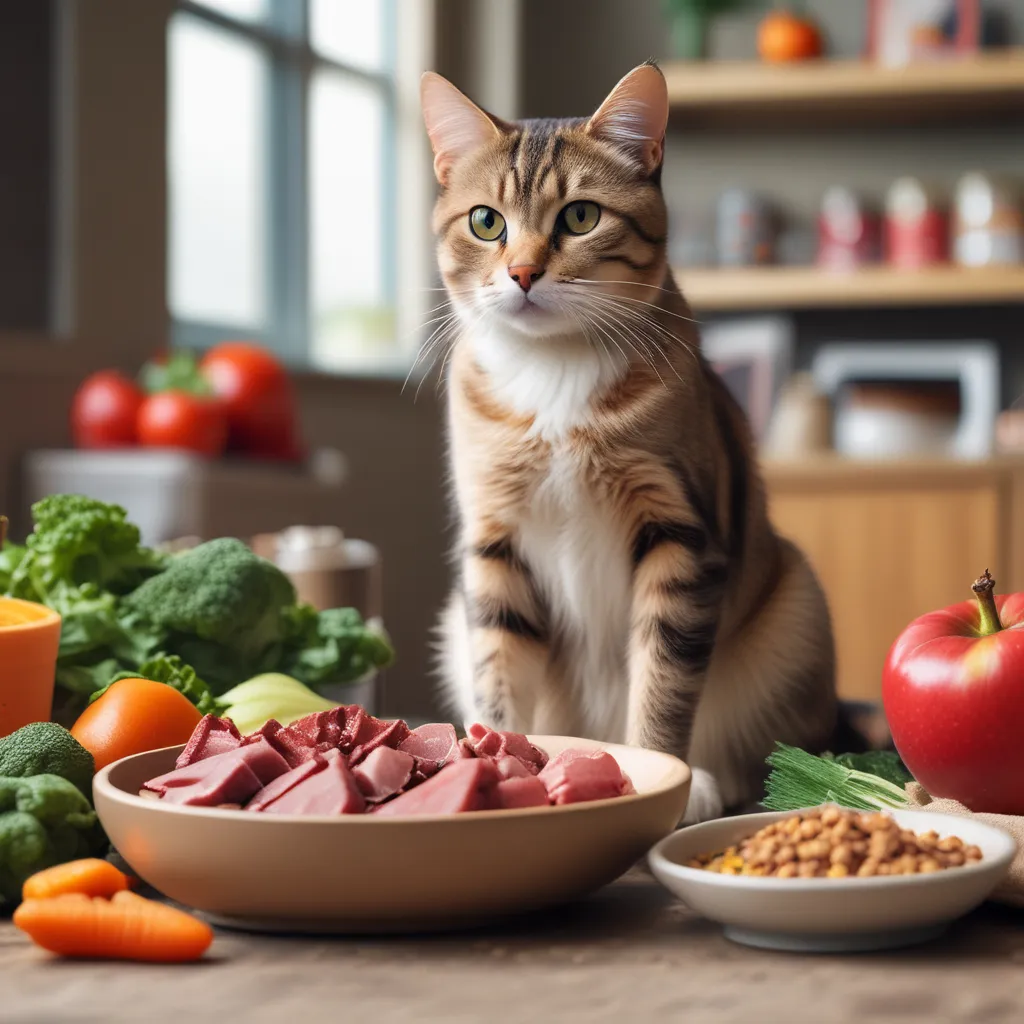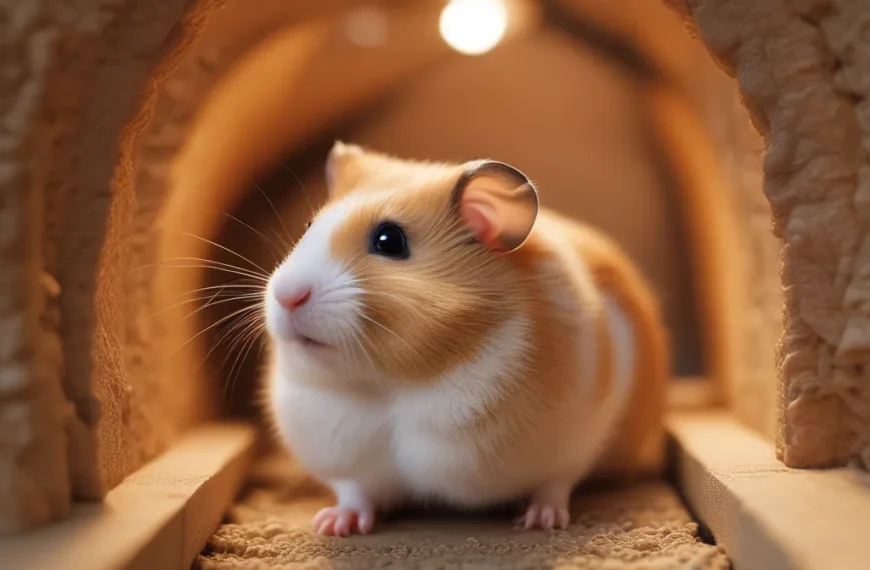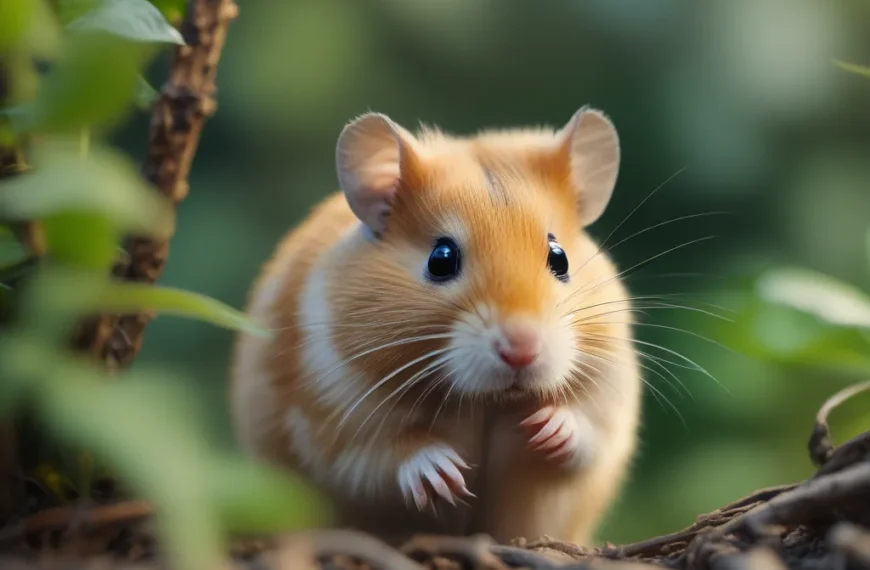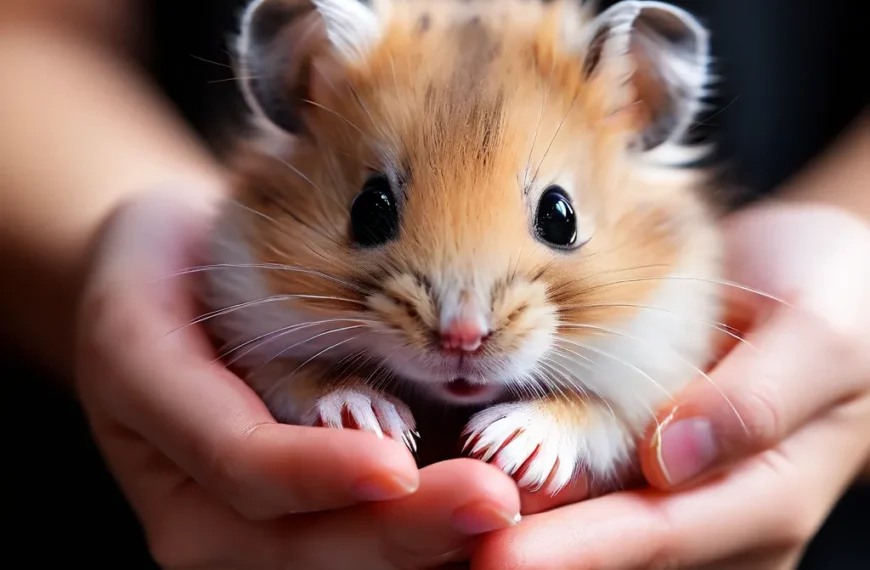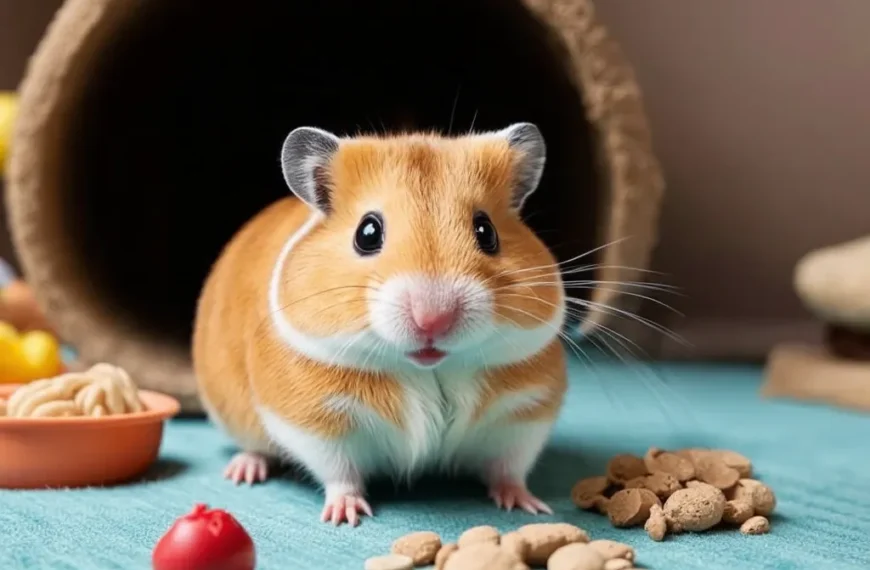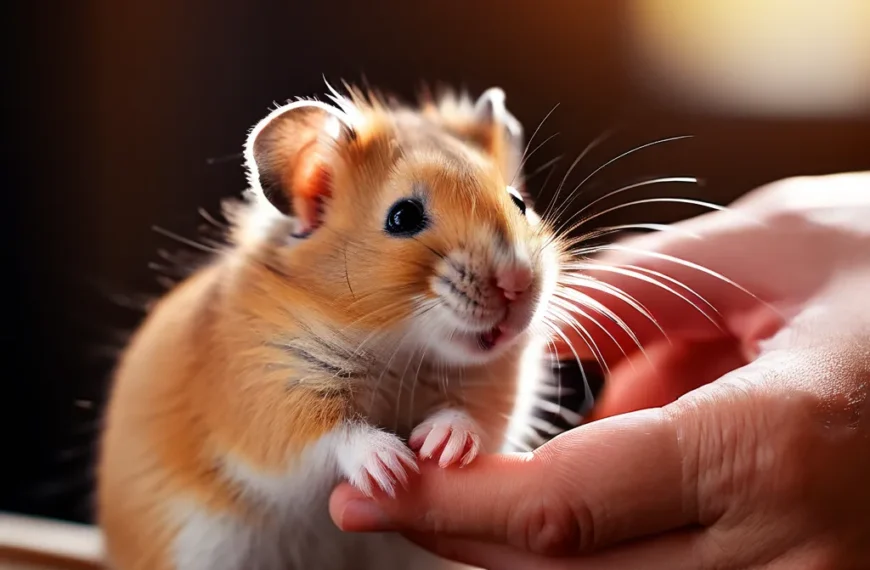Introduction
As a responsible cat owner, it’s essential to understand the importance of a healthy diet for your feline companion. A well-balanced diet is crucial for maintaining your cat’s overall health, energy levels, and weight. However, with the numerous food options available, it can be challenging to determine what is best for your cat. Moreover, some human foods can be toxic to cats, making it vital to identify the most unhealthy foods for them.
What is the most unhealthy food for cats? This is a question that many cat owners ask, and the answer is not as simple as it seems. With the rise of humanization of pets, many cat owners are tempted to share their meals with their feline friends, unaware of the potential risks. In this blog post, we will explore the importance of a healthy diet for cats, the potential risks of unhealthy foods, and provide guidance on how to identify and avoid the most common unhealthy foods for cats.
In the following sections, we will delve into the world of feline nutrition, exploring what makes certain ingredients toxic to cats, why some human foods are harmful to them, and what are the most common unhealthy foods for cats and why they are harmful. We will also provide guidance on how cat owners can identify and avoid these unhealthy foods, ensuring their feline friends lead a happy and healthy life.
What makes certain ingredients toxic to cats?
As a responsible cat owner, it’s essential to know what ingredients can harm your feline friend. While it’s impossible to list every toxic food, there are certain ingredients that all cats should avoid. These include:
- Onions and garlic: Everything in the onion family, including chives, shallots, and leeks, is toxic to cats. Garlic is particularly hazardous, being five times more toxic than onions. Ingesting onions or garlic can cause anemia and lead to serious health issues.
- Chocolate: Chocolate contains a compound called theobromine, which can be toxic to cats. The darker the chocolate, the more toxic it is.
- Grapes, raisins, sultanas, and currants: These fruits are toxic to cats, and it’s best to keep them away from your cat’s reach.
- Xylitol: This sugar substitute is commonly found in sugar-free gum, candy, and baked goods. Xylitol can cause a rapid drop in blood sugar and even liver failure in cats.
- Alcohol and caffeine: Both of these substances can be toxic to cats, so it’s best to keep them out of reach.
- Butter and oil: While not toxic, consuming large amounts of butter or oil can cause pancreatitis in cats.
It’s crucial to remember that every cat is different, and what may be toxic to one cat may not be toxic to another. If you suspect your cat has ingested something toxic, it’s essential to seek immediate veterinary attention.
In case of a food emergency, it’s crucial to provide immediate care and treatment. Keep an eye on your cat’s behavior and watch for signs of illness, such as vomiting, diarrhea, or lethargy. If you’re unsure about what to do, consult with your veterinarian for advice.
By being aware of these toxic ingredients, you can help keep your cat safe and healthy.
Why are some human foods harmful to cats?
Some human foods can be toxic to cats due to various reasons. While cats can eat some human food in moderation, many foods are poisonous and can cause serious health issues. Research shows that 19% of cat owners believe their cat fell ill after ingesting something poisonous. On average, in 2020, vets treated 52 cats each day for food or substance poisoning.
Certain ingredients in human foods can be particularly toxic to cats. For example, onions, garlic, leeks, scallions, shallots, and chives can cause gastrointestinal problems and even damage to red blood cells. Foods containing these vegetables and herbs, such as garlic bread, should be avoided.
Other human foods that can be toxic to cats include:
- Xylitol, a sugar substitute commonly used in sugar-free gum, candy, and baked goods
- Green tomatoes and raw green potatoes, which contain a bitter, poisonous alkaloid called Glycoalkaloid Solanine
- Raw eggs, which can carry a risk of containing the bacteria Salmonella or E. coli
- Raw fish, which can also carry a risk of containing bacteria or parasites
- Organ meat, such as kidneys, livers, and gizzards, which can be toxic to cats if not cooked properly
It’s essential for cat owners to be aware of these toxic foods and avoid feeding them to their pets. If you suspect your cat has ingested something poisonous, it’s crucial to seek veterinary attention immediately.
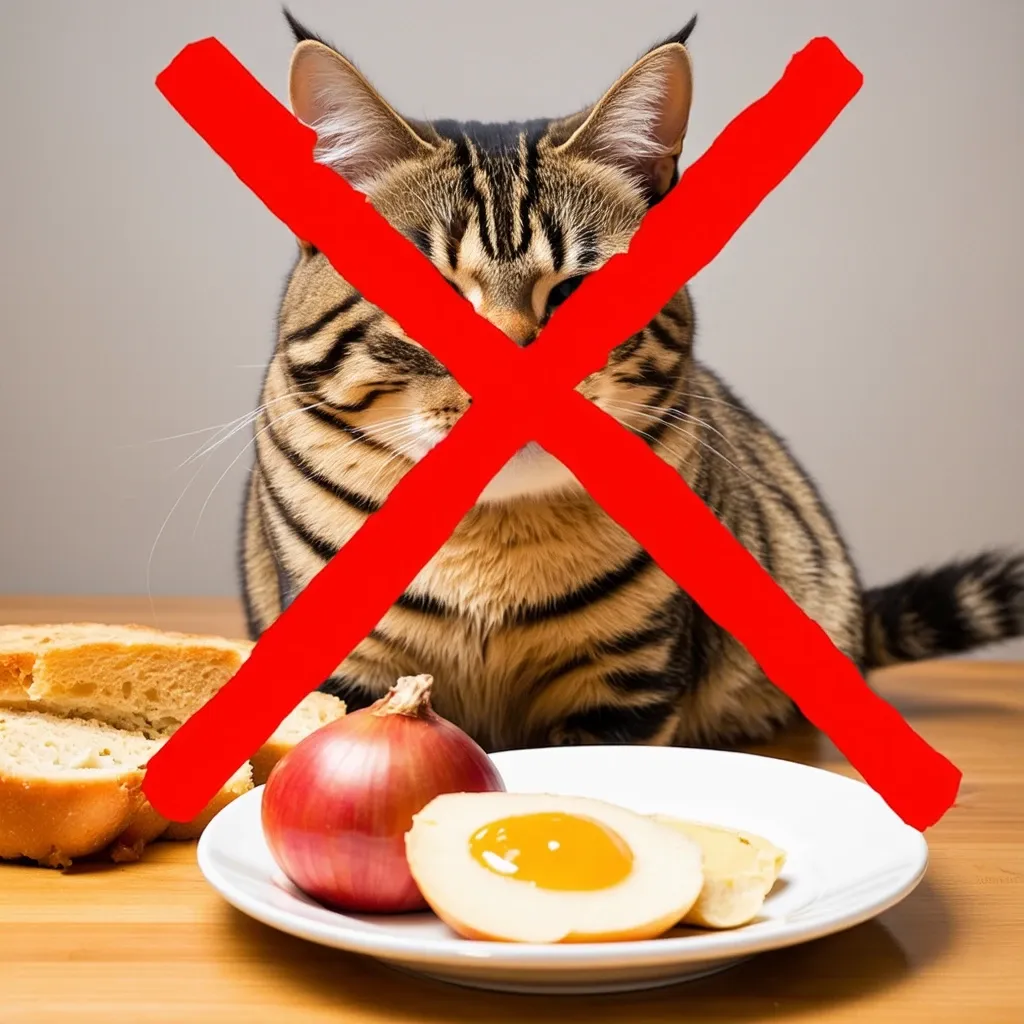
What are the most common unhealthy foods for cats and why are they harmful?
As a responsible cat owner, it’s essential to know which foods are toxic to your feline friend. While cats can eat some human food in moderation, many foods are poisonous and can cause severe health problems. Here are some of the most common unhealthy foods for cats and why they’re harmful:
1. Chocolate
Chocolate contains theobromine, a toxic principle that’s lethal to cats. The darker the chocolate, the more toxic it is. Even small amounts can cause vomiting, diarrhea, and an increased heart rate.
2. Onions, Garlic, Leeks, Scallions, Shallots, and Chives
These vegetables and herbs belong to the Allium family and contain a compound that can damage a cat’s red blood cells, leading to anemia. Even small amounts can cause gastrointestinal problems, so it’s best to avoid them altogether.
3. Xylitol
Xylitol is a sugar substitute commonly used in sugar-free gum, candy, and baked goods. It can cause a rapid drop in blood sugar and even liver failure in cats.
4. Fats and Oils
While fats and oils are essential for a cat’s diet, excessive consumption can lead to pancreatitis, a painful and potentially life-threatening condition.
5. Artificial Flavor
Artificial flavorings, especially those that mimic meat, can be toxic to cats. These flavorings can cause vomiting, diarrhea, and other gastrointestinal problems.
6. Other Human Foods
Other human foods that are toxic to cats include:
- Grapes and raisins
- Caffeine
- Raw or undercooked meat, eggs, and fish
- Milk and dairy products
- Bread dough
It’s essential to keep these foods out of reach of your cat and to consult with your veterinarian if you suspect your cat has ingested any of these toxic substances.

How can cat owners identify and avoid these unhealthy foods?
As a responsible cat owner, it’s essential to be aware of the foods that can harm your feline friend. Identifying and avoiding these unhealthy foods can help prevent health issues and ensure your cat lives a long and happy life.
Read Labels Carefully
When shopping for cat food, read the labels carefully. Look for ingredients that are toxic to cats, such as:
- Onions and garlic
- Grapes and raisins
- Chocolate
- Caffeine
- Raw or undercooked meat, eggs, and fish
Be Aware of Common Allergens
Some cats may be allergic to certain ingredients, such as:
- Beef
- Dairy
- Wheat
- Soy
If your cat is showing signs of an allergy, such as itching, scratching, or digestive issues, consult with your veterinarian to determine the best course of action.
Avoid Table Scraps
Table scraps can be tempting, but they can also be hazardous to your cat’s health. Avoid giving your cat:
- Bones, which can cause obstruction or splintering
- Fat, which can cause pancreatitis
- Raw or undercooked meat, eggs, and fish, which can contain bacteria like Salmonella and E. coli
Keep Human Food Out of Reach
Keep human food out of your cat’s reach to avoid accidental ingestion. Store food in secure containers, and avoid leaving food unattended.
Consult with Your Veterinarian
If you’re unsure about what foods are safe for your cat, consult with your veterinarian. They can provide personalized advice and help you create a healthy diet plan for your feline friend.
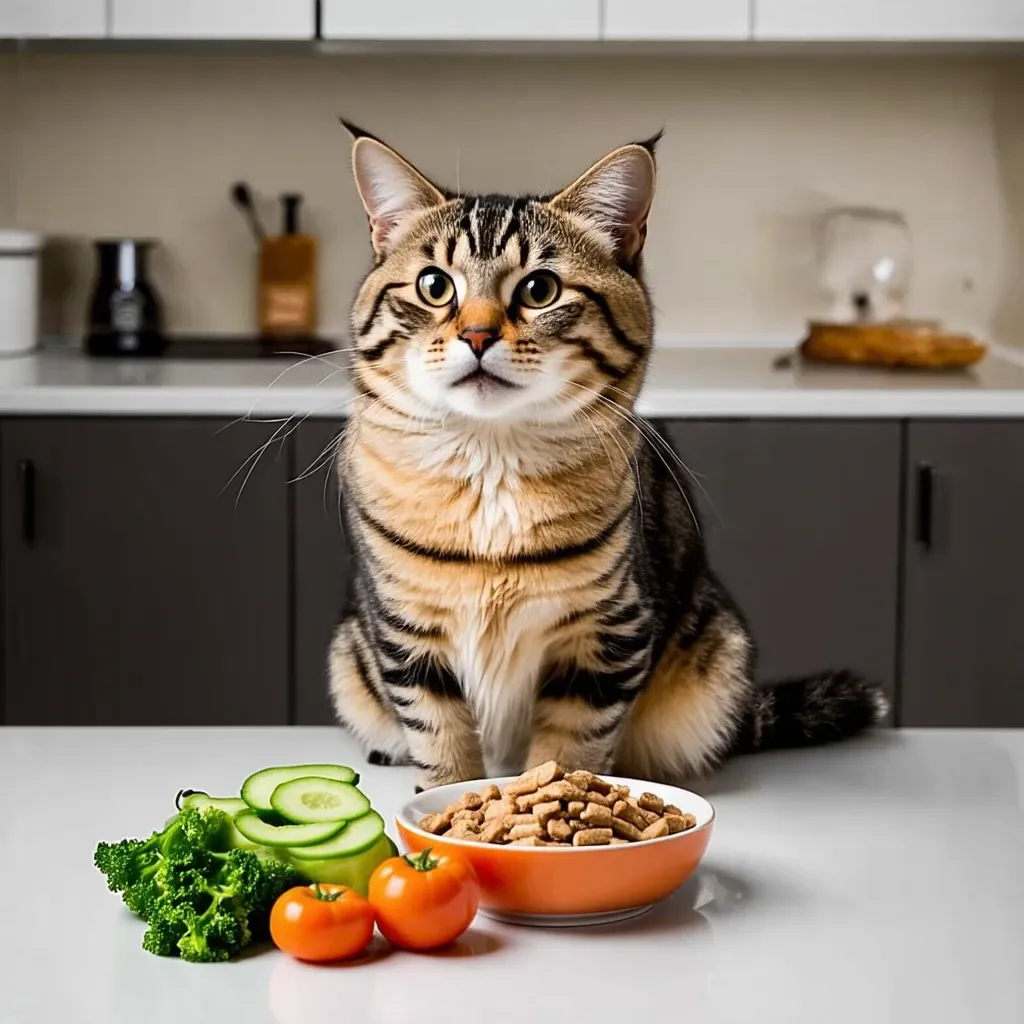
By following these tips, you can help identify and avoid unhealthy foods for your cat. Remember, a healthy diet is essential for your cat’s overall health and well-being.
Conclusion
As we’ve explored in this article, it’s crucial for cat owners to be aware of the unhealthy foods that can harm their pets. By understanding what makes certain ingredients toxic to cats, why some human foods are harmful, and how to identify and avoid these unhealthy foods, cat owners can take proactive steps to ensure their cat’s health and well-being.
Remember, a healthy diet is essential for maintaining your cat’s overall health, and being informed about the most common unhealthy foods for cats can make all the difference. By making informed choices, you can help your cat live a longer, happier, and healthier life.
